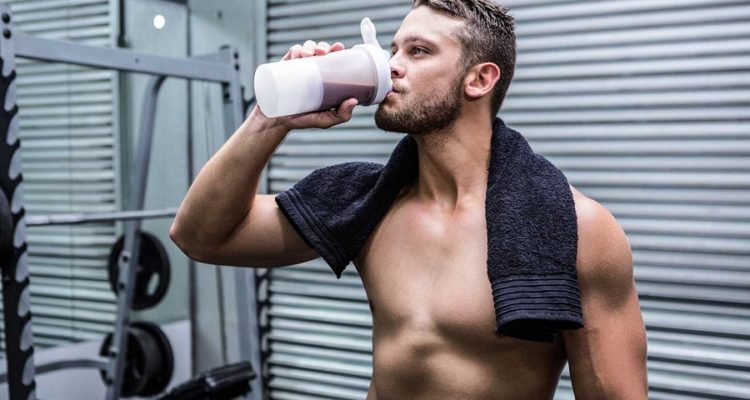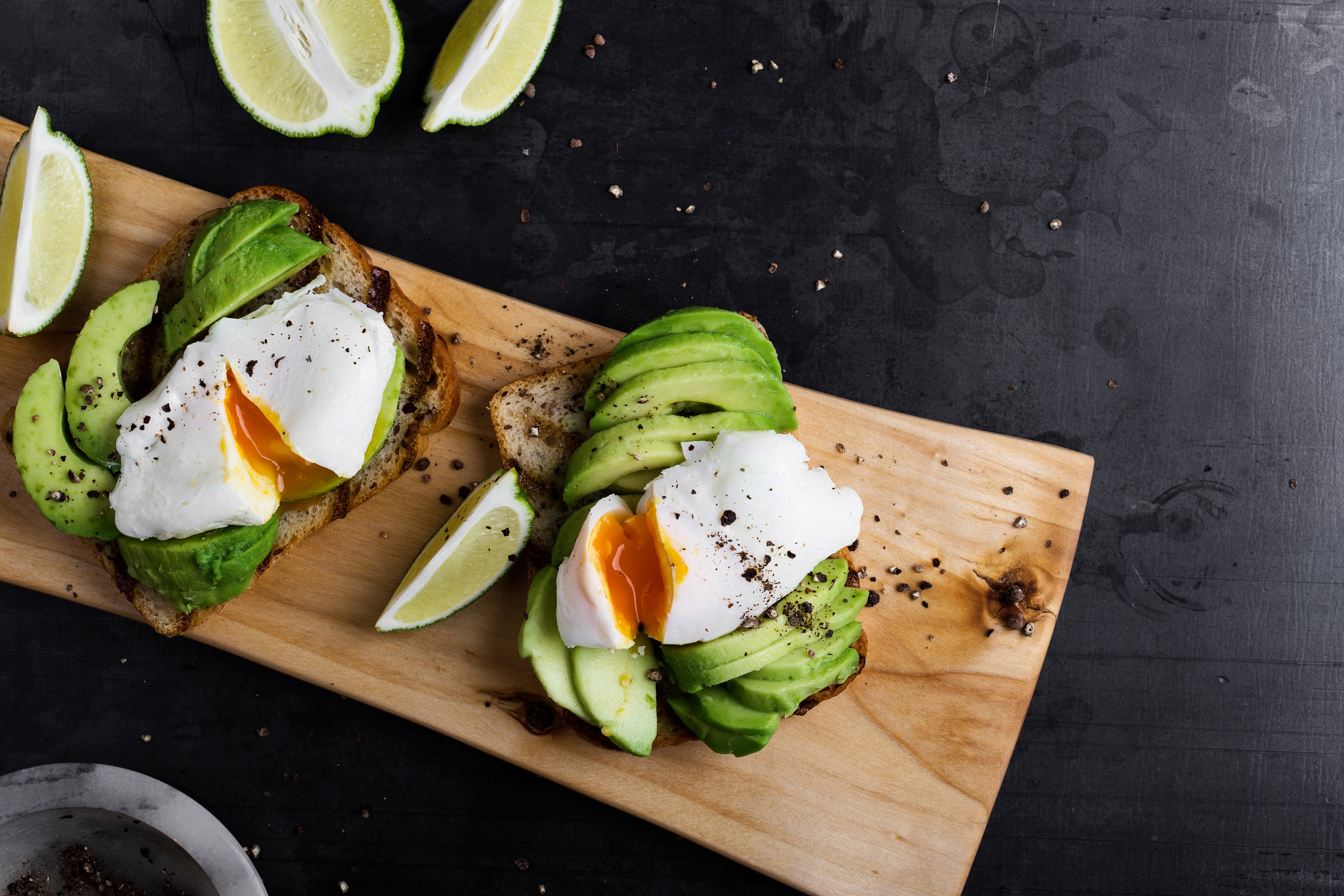You put a lot of effort into your training, always striving to achieve better results and achieve your goals. Chances are you thought more about the pre-workout meal than the post-workout meal. But consuming the right nutrients after exercise is just as important as what you eat before it.
*Here is a detailed guide to optimal post-workout nutrition.
Eating after a workout is important
In order to understand how real food can help you after exercise, it is important to understand how physical activity affects your body. When you exercise, your muscles use up glycogen for fuel. This results in partial depletion of glycogen from your muscles. Some proteins in your muscles are also broken down and damaged. After a workout, your body tries to replenish its glycogen stores and repair and replenish those muscle proteins. Getting the right nutrients soon after exercise can help your body do it faster. It is especially important to eat carbohydrates and proteins after training.
*Food helps your body by:
- Reducing protein breakdown in muscle.
- Increasing muscle synthesis (growth).
- Restoring glycogen stores.
- Improving your recovery.
Getting the right nutrients after exercise can help you replenish your muscle proteins and glycogen stores. It also helps stimulate the growth of new muscles.
Proteins, carbohydrates and fats
This section talks about how each macronutrient – proteins, carbohydrates and fats – are involved in your body’s post-workout recovery process.
Protein helps repair and build muscle
As explained above, exercise triggers the breakdown of muscle proteins. The speed at which this happens depends on the exercise and your training level, but even professional athletes have a breakdown of protein in their muscles. Consuming the right amount of protein after a workout gives your body the amino acids it needs to repair. It also participates in building new muscle tissue. It is recommended that you consume 0.14–0.23 grams of protein per kilogram of body weight (0.3–0.5 grams / kg) very soon after training. Studies have shown that eating 20-40 grams of protein seems to give the body an excellent ability to recover after exercise.

Carbohydrates help in recovery
Glycogen stores in your body are used as fuel during exercise, and consuming carbohydrates after training helps to replenish them. The speed at which your glycogen stores are used depends on your activity. For example, endurance sports cause your body to use more glycogen than resistance training. For that reason, if you do high-intensity training (HIIT, running, etc.), you may need to take more carbohydrates than a bodybuilder. Intake of 0.5–0.7 grams of carbohydrates per kilogram (1.1–1.5 grams / kg) of body weight within 30 minutes after training gives the result of proper glycogen resynthesis. In addition, insulin secretion, which promotes glycogen synthesis, is better stimulated when carbohydrates and proteins are consumed at the same time. Therefore, consuming carbohydrates and them in a 3: 1 ratio (carbohydrates and proteins). For example, 40 grams of protein and 120 grams of carbohydrates. Eating lots of carbohydrates to replenish glycogen stores is most important for people who exercise often, for example twice a day. If you have 1 or 2 days to rest between workouts, this becomes less important.
Fats are not that bad
Many people think that eating fat after training slows down digestion and inhibits the absorption of nutrients. Although fat could slow down the absorption of a meal after a workout, it will not diminish its benefits. For example, a study showed that whole milk stimulates muscle growth more effectively after training than skim milk. Moreover, another study showed that even when you ate a meal with a high percentage of fat (45% energy from fat) after exercise, muscle glycogen synthesis was not affected. It may be good to limit the amount of fat you eat after exercise but adding a little fat to your post-workout meal will not affect your recovery. A post-protein meal with both protein and carbohydrates will improve glycogen storage and protein synthesis in muscle. Consuming a 3: 1 ratio (carbohydrates and protein) is a practical way to achieve this.
The timing of your post-workout meal is important
Your body’s ability to replenish glycogen and protein improves after exercise. For that reason, it is recommended that you consume a combination of carbohydrates and protein as soon as possible after exercise. Although the time may not be correct, many experts recommend that you eat a post-workout meal within 45 minutes. In fact, it is believed that delaying the consumption of carbohydrates for only two hours after training can lead to as much as 50% lower rate of glycogen synthesis. However, if you ate a meal before exercise, it is likely that the benefits of that meal will still apply after your workout. Eat your post-workout meal within 45 minutes of exercising. However, you can extend this period a little longer, depending on the time of the meal before training.

Food to eat after training
The primary goal of your post-workout meal is to recover your body with the right nutrients for adequate recovery and for maximum results of your workout. The choice of easily digestible food will promote faster absorption of nutrients.
The following lists contain examples of simple and easily digestible foods:
*Carbohydrates:
- Sweet potato
- Chocolate milk
- Quinoa
- Fruits (pineapple, berries, banana, kiwi)
- Rice
- Oatmeal
- Potato
- Pasta
- Green vegetables
*Protein:
- Animal or vegetable-based protein powder
- Eggs
- Greek yogurt
- Swabian cheese
- Salmon
- Chicken
- Protein plate
- Tuna
*Fats:
- Avocado
- Nuts
- Walnut butter
Examples of post-workout meals
Combinations of the above foods can create excellent meals that will provide you with all the nutrients you need after exercise.
*Here are some examples of quick and easy post-workout meals:
- Grilled Chicken with vegetables.
- Omelette with avocado spread on toast.
- Salmon with sweet potatoes.
- Sandwich with tuna salad on whole grain bread.
- Tuna and crackers.
- Oatmeal, whey protein, banana and almonds
- Tortilla and hummus.
- Rice crackers and peanut butter.
- Whole grain toast and almond butter.
- Cereals and skim milk.
- Greek yogurt, berries and granola.
- Protein shake and banana.
- Quinoa bowl with berries and nuts.
- Multi-grain bread and raw peanuts.
